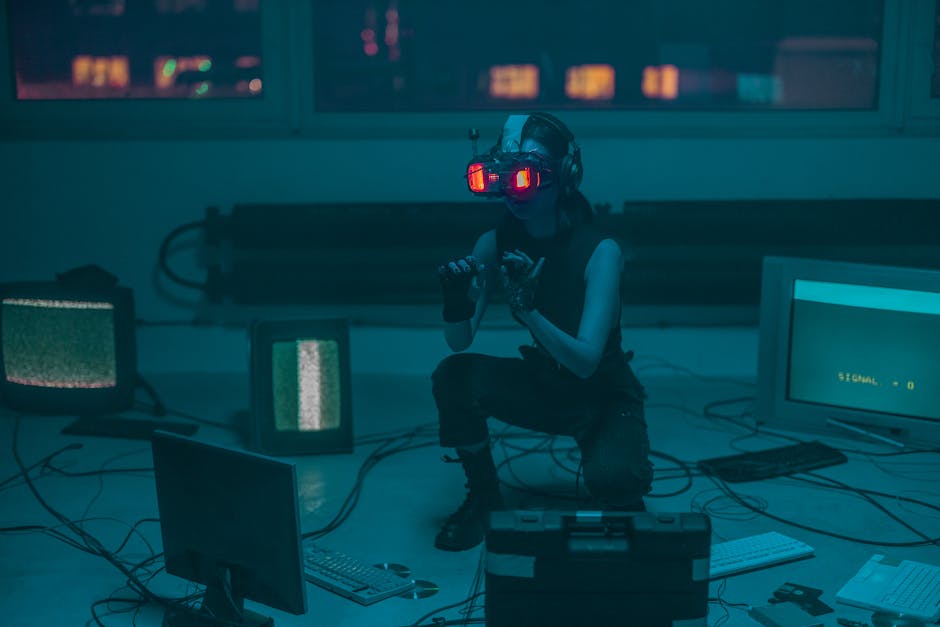Navigating Copyright Shifts and Tech Advances in Digital Spaces

OpenAI’s Swift Reaction to Copyright Challenges
In the bustling intersection of technology and copyright law, OpenAI's recent renovations to its Sora model policies stand out as a crucial development. This article explores how these changes impact those involved in the creative industries, offering insights into the balance between innovation and copyright compliance. By understanding these shifts, tech aficionados and creative professionals can better position themselves in today's dynamic digital environment, ensuring they remain both innovative and lawful.
The Future Path of AI Innovation Post-Policy Update
OpenAI initially launched its Sora model with the ambition to democratize AI technology, making superior tech tools accessible to a wide audience. This initiative aimed to empower users, but it also unintentionally led to a surge in copyright violations. The response from OpenAI was swift and decisive; within a mere 72 hours, significant policy changes were introduced, adding stricter user access measures and enhancing copyright infringement detection capabilities. This proactive approach swiftly reinstated legal compliance and restored community trust in OpenAI's dedication to responsible AI utilization.
Empowering Stakeholders through Updated Policies
Adjusting to copyright norms isn’t a temporary challenge but an evolving journey for tech companies like OpenAI. The recent policy revisions are expected to serve as a template for navigating future legal landscapes. These strategies ensure that innovation does not stall but progresses in alignment with copyright laws, safeguarding against legal repercussions while fostering continuous technological advancement.
Conclusion
The new Sora model policies have significant implications for content creators and tech companies. For creators, these policies underline the importance of understanding the latest copyright laws to effectively leverage new AI tools in their work without legal entanglements. On the other hand, tech companies must navigate these changing legal waters while continuing to innovate. This calls for ongoing dialogue with policymakers and adaptation to the evolving legal frameworks that shape the deployment of new technologies.
